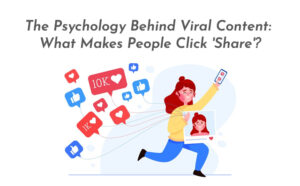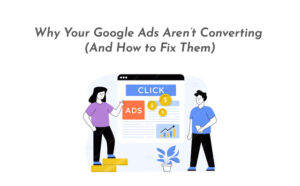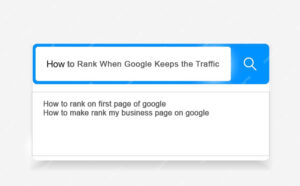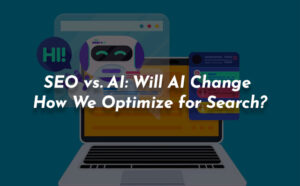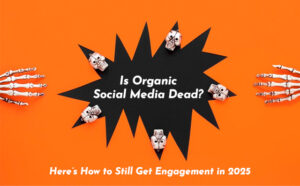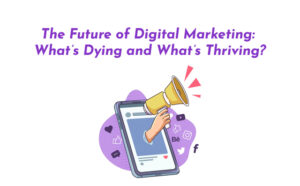Introduction:
In the dynamic realm of commerce, businesses employ diverse marketing strategies to cater to distinct target audiences. Two fundamental approaches that stand out are Business-to-Business (B2B) and Business-to-Consumer (B2C) marketing. Understanding the nuances of each is essential for crafting effective campaigns and establishing meaningful connections with clients or consumers. In this article, we will delve into the main differences between B2B and B2C marketing, exploring the unique characteristics that define each approach.
- Target Audience:
One of the foundational disparities between B2B and B2C marketing lies in their target audience. B2B marketing sets its sights on other businesses and organizations, fostering partnerships and collaborations. Conversely, B2C marketing directs its efforts towards individual consumers, seeking to capture the attention and loyalty of the end user.
B2B marketers navigate a landscape where the clients are businesses with specific needs, focusing on delivering solutions that enhance operational efficiency and address industry challenges. On the flip side, B2C marketers engage with a more diverse and individualistic consumer base, where personal preferences, emotions, and immediate needs play pivotal roles in decision-making.
- Decision-Making Process:
The decision-making process in B2B transactions is often intricate and protracted. Purchases are typically made by a group of decision-makers within the business, necessitating a comprehensive approach that addresses diverse concerns. B2B marketing emphasizes the importance of building relationships and trust over time, acknowledging that the decision to engage in business is not made hastily.
In contrast, the B2C decision-making process is typically shorter and less complex. Individual consumers make purchasing decisions based on personal preferences, emotions, and immediate needs. B2C marketers must capture attention quickly and communicate value succinctly to cater to the often impulsive nature of consumer choices.
- Purchase Volume and Frequency:
B2B transactions involve higher purchase volumes, but the frequency of these purchases may be lower. Businesses often engage in long-term contracts, buying larger quantities of products or services to sustain their operations. This necessitates a focus on the long-term relationship between the business and its clients.
On the other hand, B2C transactions usually involve smaller individual purchases but with a higher frequency. Consumers make regular, often spontaneous, purchases driven by personal desires and immediate needs. B2C marketers must create strategies that encourage repeat business through appealing to consumer preferences and providing a positive purchasing experience.
- Relationship Building:
Relationship building is a cornerstone of both B2B and B2C marketing, but the dynamics differ significantly. In B2B marketing, the emphasis is on cultivating long-term relationships with clients. Personal connections, trust, and ongoing communication are paramount, as B2B transactions often involve substantial investments and a shared commitment to success.
B2C marketing, while also valuing customer loyalty, tends to focus on shorter-term and more transactional relationships. The challenge lies in creating a positive and memorable experience with each transaction, as consumers may not engage with the brand consistently over an extended period.
You would like to read: 8 Digital Marketing KPIs To Look For To Track Your Business Online
- Marketing Channels:
The choice of marketing channels varies between B2B and B2C strategies. B2B marketing relies on a mix of offline and online channels, with a significant emphasis on personal selling, industry events, and targeted content marketing. Face-to-face interactions and the exchange of detailed information play a crucial role in establishing trust and understanding within the business community.
Conversely, B2C marketing often leverages mass media advertising, social media platforms, influencer marketing, and retail channels to reach a broader consumer audience. The focus is on creating widespread brand awareness and accessibility to cater to the diverse preferences of individual consumers.
- Content and Messaging:
Content and messaging strategies diverge between B2B and B2C marketing efforts. In B2B marketing, content tends to be more detailed, technical, and oriented towards solving specific business challenges. Decision-makers within businesses require in-depth information to justify their choices, making educational and informative content a crucial component.
In contrast, B2C marketing content is designed to evoke emotions, resonate with consumer aspirations, and simplify complex information. The messaging is often more relatable and geared towards addressing the lifestyle benefits of the product or service, as consumers are motivated by personal desires and immediate gratification.
- Brand Positioning:
Brand positioning is another area where B2B and B2C marketing strategies diverge. B2B marketing emphasizes expertise, reliability, and the ability to meet specific business needs. Brands position themselves as partners in the success of their clients, highlighting industry knowledge and the capacity to provide tailored solutions.
You would like to read: 4 Steps To Build An Effective Content Marketing Strategy
In the B2C landscape, brand positioning is more about creating emotional connections with consumers. The focus is on eliciting positive emotions and aligning the brand with the lifestyle and values of the target audience. Aspirational branding often plays a crucial role in establishing a strong connection between the brand and individual consumers.
Conclusion:
In the intricate tapestry of marketing, the distinctions between B2B and B2C strategies are clear and significant. Understanding the unique characteristics of each approach is essential for marketers seeking to tailor their efforts to the specific needs and behaviors of either businesses or individual consumers. By navigating the complexities of these two realms, businesses can forge meaningful connections, drive sales, and establish a lasting impact in their respective markets.


